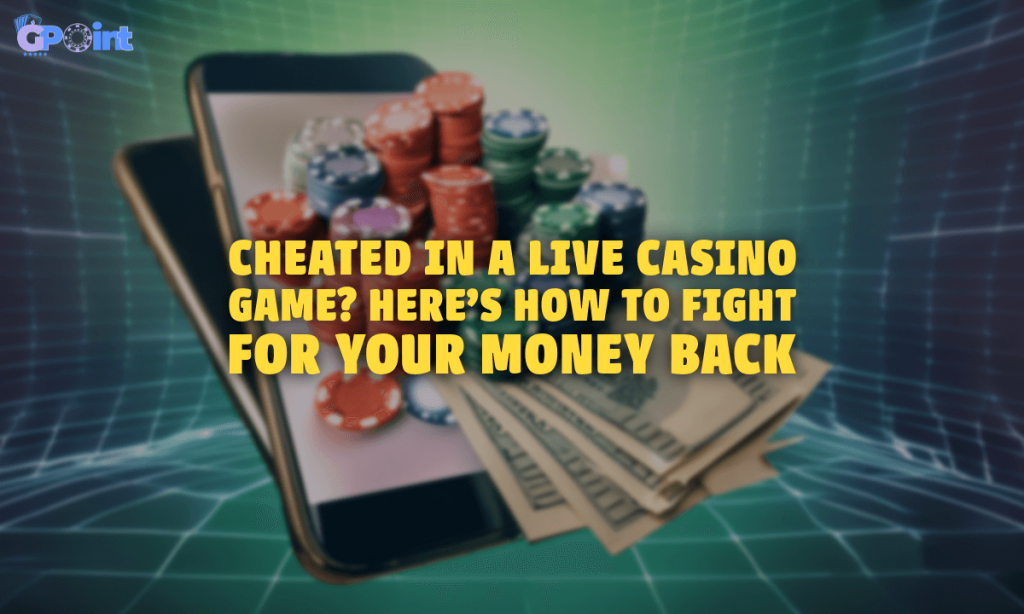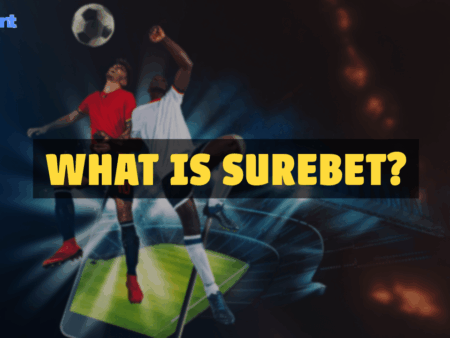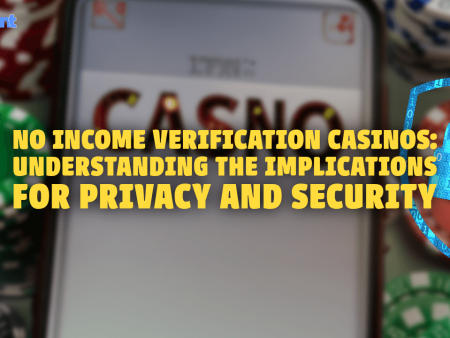Have you ever found yourself at a gaming table with a cheater player or a live dealer? Probably yes, if you have a passion for cards or other forms of group entertainment.
What's more serious is that, despite knowing the cheater's presence, you still wanted to play; and at the next game you showed up again, because the thrill that a game of poker or bridge gives is inimitable.
Sitting at the table, you scrutinize your opponents, trying to understand from their eyes, the movement of their hands or some nervous tic the points they are hiding. You put in all your effort but, punctually, you lost. You are then fed up with having to pay a cheater and decide to stop; in fact, after thinking about it a bit, you even want to ask him to be reimbursed for all the sums he cheated you of in previous games. But is this possible? How are casinos not on GamStop winnings protected? Does debt always have to be paid? If a player cheats can you ask for your money back? Let's see what the law says.

Best Non Gamstop Casino
▶ Disclaimer
We maintain an affiliate partnership with this casino. Our earnings are generated when players visit the casino's website, register an account, and make deposits. It's important to note that this arrangement does not impact the review or rating of the casino
🦺 Secure 🤨 Trusted ✅ Verified 🇬🇧 Accepted
Last Updated: 7 June 2025
Non Gamstop Sites
- Generous bonuses and promotions
- Wide variety of currencies and payment methods
- Broad range of games and software providers
Non UK Casinos
- Higher withdrawal limits
- Tailored VIP programs
- Operate under international licenses
Crypto Casinos
- Instant deposits and withdrawals
- Secure blockchain technology
- Access to new and unique games
Bookmakers not on gamstop
- Wide range of sports and markets
- Exclusive betting promotions
- Enhanced privacy for players
Gambling Winning: Is It Legal?
Before understanding whether it is possible to ask for the money back if a player cheats, let's try to understand the problem of winning at the game.
Is it legally protected? The law says that sums of money won by playing with other people (think of classic poker, but any other game applies, even non-card ones) do not necessarily have to be given away. What does it mean? It means that if you bet with a friend of yours, or lose playing poker, ladder forty or any other similar game, your winning friend cannot force you to pay. In other words, he will not be able to ask the judge to force you to pay those sums.
In slightly more technical terms, it is said that the winner's right cannot be enforced.
What has just been said does not mean, however, that the money won from gambling is completely unprotected: and in fact, according to our law, if you pay a gambling debt you will not be able to ask for reimbursement. So, the situation looks like this:
- The winner cannot force payment;
- The loser, however, if he spontaneously decides to pay, can no longer ask for reimbursement; he will therefore not be able to go to court to obtain reimbursement of the amount given.
This last rule is subject to an exception, which occurs when the debtor is an incapacitated person, due to age or mental defect. Consequently, anyone who loses a sum of money while gambling or sports betting can ask for it to be returned if he proves that he was incompetent.
Natural Bonds: What Are They?
Gambling debt is included among natural obligations, that is, among those debts that do not constitute, according to the law, a real obligation.
Natural obligations derive from the execution of moral or social duties and are devoid of action, in the sense that it is not possible to turn to the judge to request their fulfillment; however, if a person spontaneously performs the service, the latter cannot be repeated, in the sense that the person who paid cannot ask for it to be returned.
For example, the tip left for the waiter is an example of a natural obligation: the waiter, in fact, cannot demand it, but the customer who gave it cannot then ask for it back.
Elements of natural obligation are:
- The existence of a moral or social duty that pushes the subject to perform a certain service (for example, the giving of money by a man to a woman during a romantic relationship has been considered a natural obligation);
- The ability to act, that is, to understand and want;
- The spontaneity of payment.
Winning at the Game: Is It Never Actionable?
What has just been said, however, does not apply to all legally authorized games and bets, i.e. those directly regulated by state law. Think of lotteries or casino games: if it were always and only a natural obligation, the winner would never be able to ask for payment of what he won.
Think of someone who plays at the casino and loses: in this case he will not be able to invoke the protection provided by the regulation of natural obligations, refusing to comply unless he does so spontaneously.
If I were like that, the loser would never pay! For this reason, the law says that, when gambling is authorized, the debt must be paid and the creditor can go to court.
Winning at Gambling: If the Gambling Is Illegal?
Summarizing what has been said so far, we can say that:
- If the game or bet is not prohibited (or is otherwise tolerated), the loser is not required to pay; if, however, he fulfills it spontaneously, he cannot ask for restitution;
- If the game or bet is governed by law, the loser is obliged in all respects.
If, however, the game is illicit (think of unauthorized gambling ), we will once again fall into the hypothesis of natural obligations: the loser will not be required to pay the amount lost but, if he does so spontaneously, he will not be able to ask for the restitution.
If a Player Cheats Can I Ask for My Money Back?
Having exposed the general framework of the situation, let's address the problem posed by the title of the article: if a player cheats can I ask for the money back?
Now, if there were no cheating, we would already have the solution: since it is a natural obligation, if you have paid your gambling debt you will no longer be able to ask for a refund. But what happens if the win was unfair? Well, the solution is found in the law itself: the loser cannot ask for the refund of what he spontaneously paid after the outcome of a game or bet in which there was no fraud.
In essence, therefore, the gambling debt, when deriving from an activity not regulated by law but still tolerated, must be paid spontaneously, as the winner cannot ask for its fulfillment; however, if the debtor pays and discovers that he has been deceived, then he can take legal action to get his money back.
Gambling Debt: What Happens in Practice?
Pulling the threads of our reasoning, we can thus conclude:
- if the game or bet is tolerated, i.e. not expressly prohibited, the loser is not required to pay; if, however, he fulfills it spontaneously, he cannot ask for repayment, unless the debtor is incapable or has been deceived;
- If the game or bet is governed by law, the loser is obliged in all respects;
- If the game or bet is illegal, the loser is not required to pay; if, however, he fulfills it spontaneously, he cannot ask for restitution.































